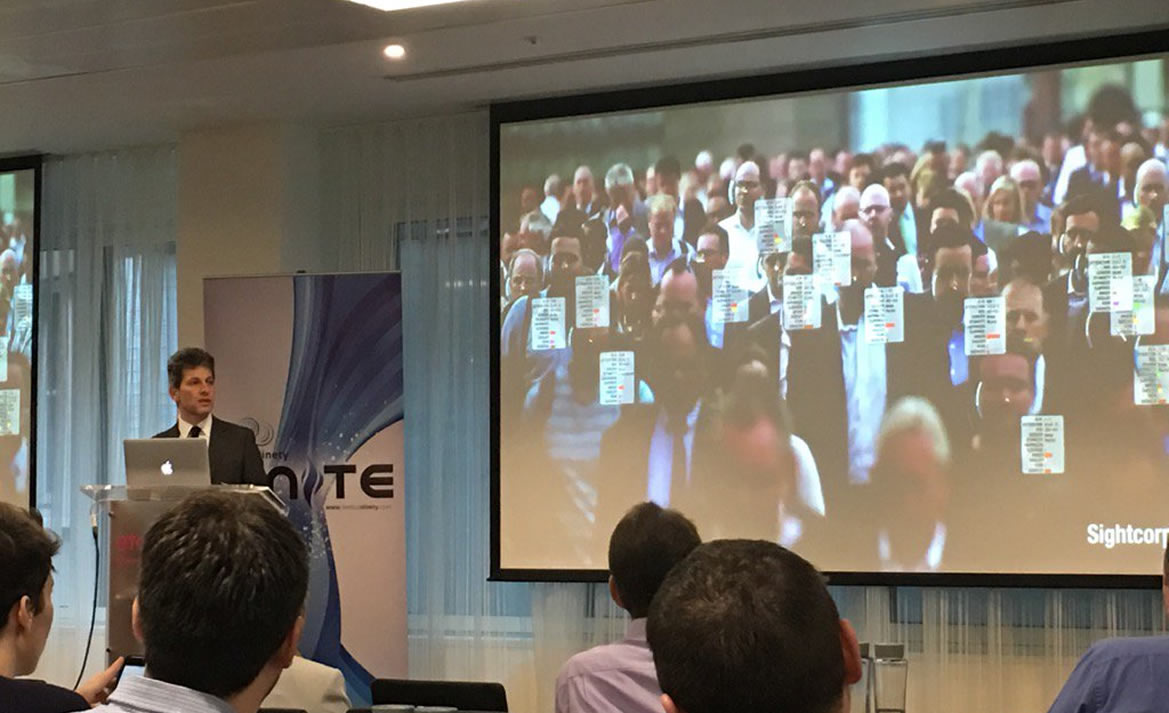Change is the new norm

I've just had a great couple of days spent in London at the Nimbus Ninety IGNITE event. Held every couple of months, the two themes this time focussed on smart strategy and bold leadership, and exploring the very latest tools and technologies empowering organisations. It was a big topic and one that was tackled in a variety of ways.
The key takeaways for me fell under the broad banner of change
Change is the norm. It's the new constant. The pace of change is at its slowest it will be for a generation
Key tips for managing the change:
If you want to take advantage then you need to be prepared and plan ahead. The following promotional opportunities have already passed for this year:
Senior board buy in AND take ownership - when the audience was asked if they were from a company where the COO owns the Digital Transformation strategy, not a single hand went up. To be honest, I think there are a few organisations, not least three of my former employers, where the digital (business) transformation strategy is in fact owned by either the CEO or the CMO. Still, the principle remains that it needs to be owned at the top.
Clear business benefit and appropriate KPI's for transformation programmes. Again, plenty of evidence, not least audience participation to prove that metrics used to measure these programmes may either not be in place - or may in fact be the wrong ones. However, if you are transforming your business, how do you know what to measure? I've written before on how to approach this, so I am happy to share my perspectives if anyone wants to get in touch.
Agility - this was mentioned a few times from Agile, the pure IT methodology, with regard to making large, complex (and sometimes cumbersome) organisations more readily available to adapt to the needs of their customers and external changes. This is probably worth a blog article in itself, but one area all too often underutilised in my experience is the reliance on external partners. Agencies in particular are much more adept at managing resource; quickly scaling up and then switching the resource when they are not required. External technology partners are, in the majority of cases, much better equipped to deliver a piece of technology against business need than if you were to try and build it internally. It's their job, it's what they do. At Pulse, we consider ourselves to be both an agency and technology company- reaping the best of both worlds
The collaboration and delineation in responsibility that needs to exist between IT/technology teams and the business/commercial teams was a recurring theme and a critical point. Fundamental to avoiding false starts, these roles and responsibilities need to be accurately drawn up before any work starts in this area. Don't be afraid to get detailed with it but also to ensure you are approaching it as a partnership.
Don't underestimate the opportunity of having a diverse workforce who span the generations. Think about how to use millennials in running reverse mentoring workshops. Recognise that older colleagues are still very much adjusting to both the pace of change and the technology itself and they will need support to bring them up to speed and bring them on the journey
Overall a great event and I recommend getting yourself along to the next event. Details can be found on their website or reach out to the team for more information.